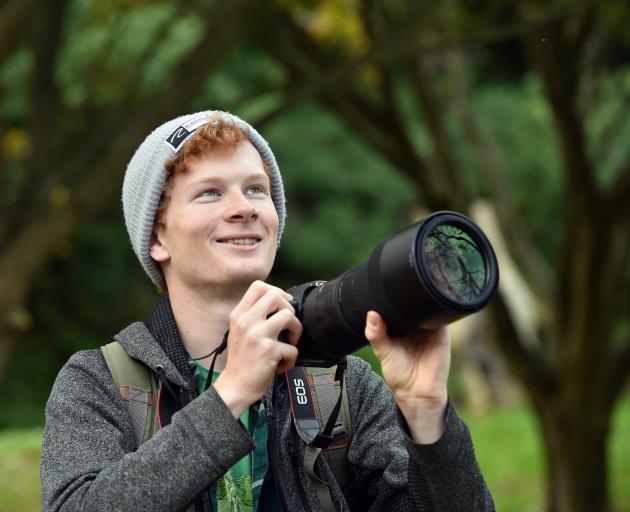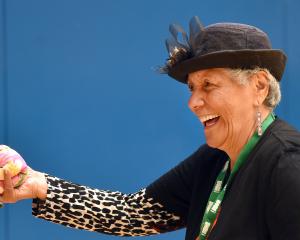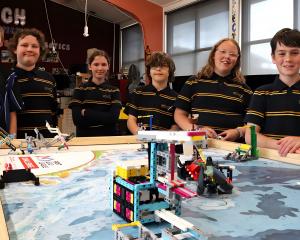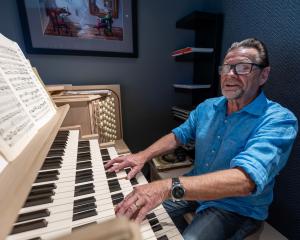As New Zealanders hunker down at home, silent and empty town and city streets have become a paradise for birds - and for those humans who enjoy watching them.
Bird watchers have noticed a dramatic increase in the number of birds as traffic noise and pollution has decreased.
University of Otago student and birder Oscar Thomas has kept up his almost daily bird-watching routine while in lockdown at Aquinas College for the past 27 days.
While inside, Mr Thomas has been counting birds from his window and then on his daily walks around North Dunedin.
“I went for a walk through campus the other day and saw at least a dozen piwakawaka [New Zealand fantail] just in one spot where usually during the university semester you would only see one or two”.

As well as observing and taking photographs, Mr Thomas has been taking part in the New Zealand Bird Atlas project, a five-year nationwide bird survey.
Bird New Zealand Otago representative Mary Thompson said anybody could observe birds on a walk or in their backyard and then record what they see on a free app called eBird.
Those without a smartphone could submit their surveys through the eBird website.
All people had to do was record the numbers of each and every bird seen or heard from a single point, such as their backyard, for at least five minutes or during a 1km walk.
Information collected from the survey would help bird conservation at a local and national level, Mrs Thompson said.
Of most interest was what was happening to native birds.
“That’s why we need help from everybody who is interested in birds, or knows about birds, to be involved and it doesn’t matter if you just do it in your backyard.”














